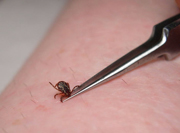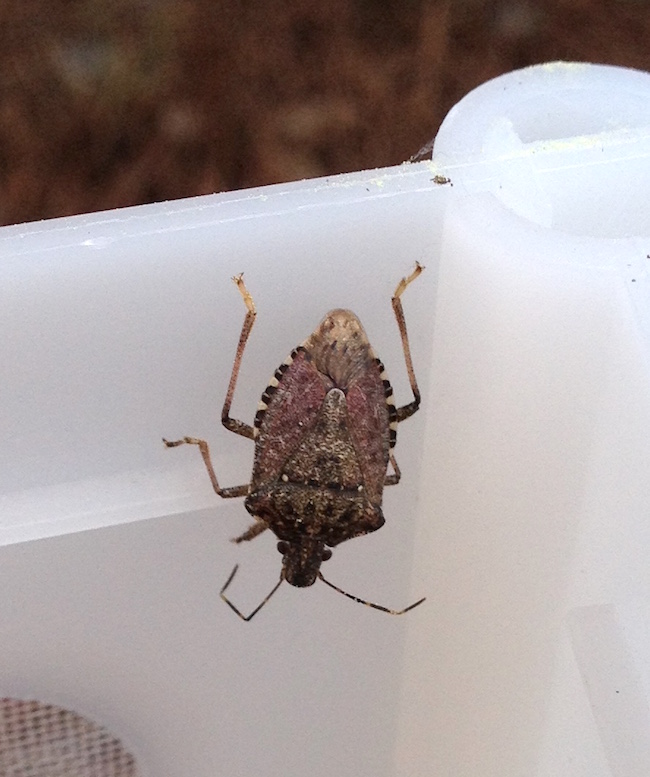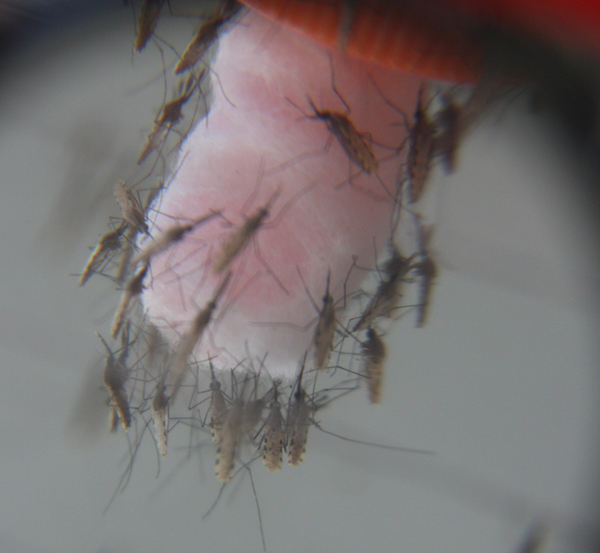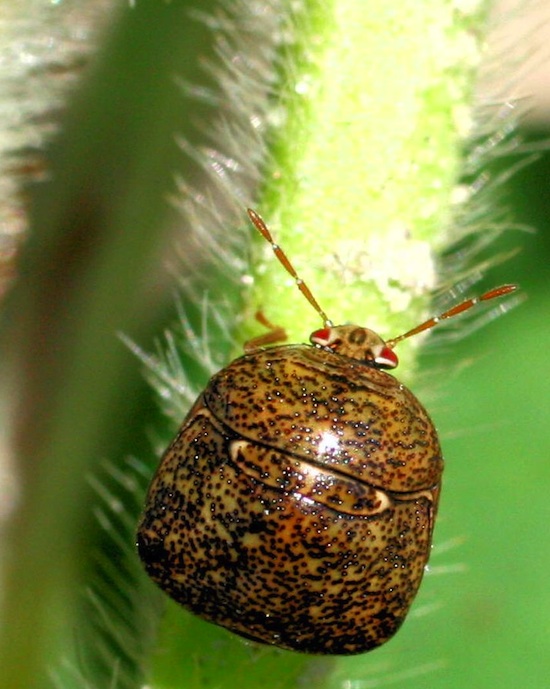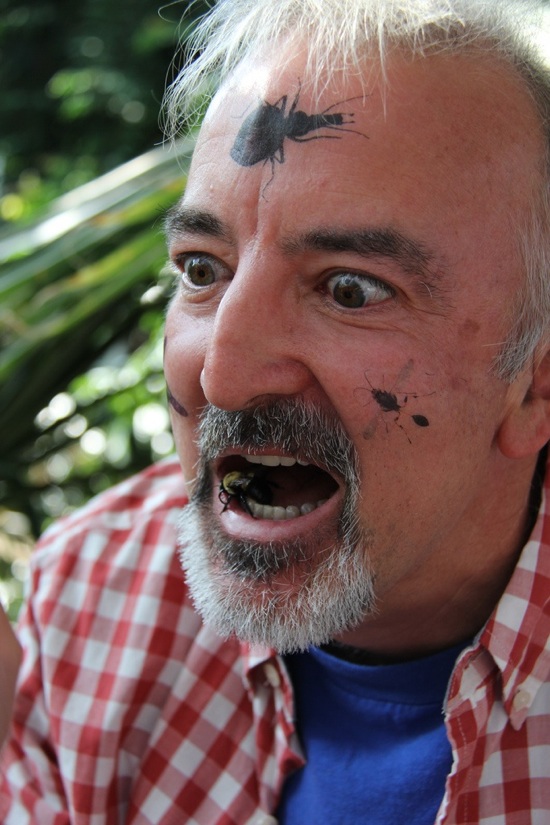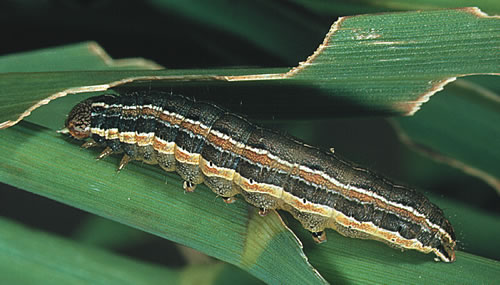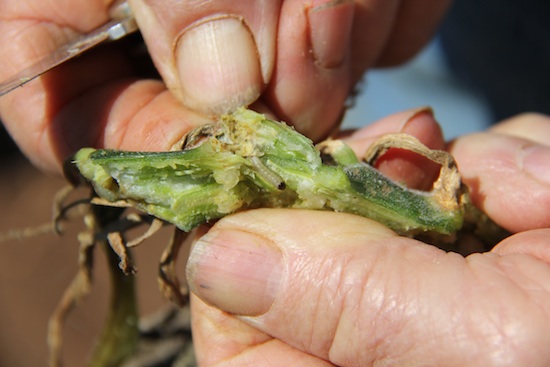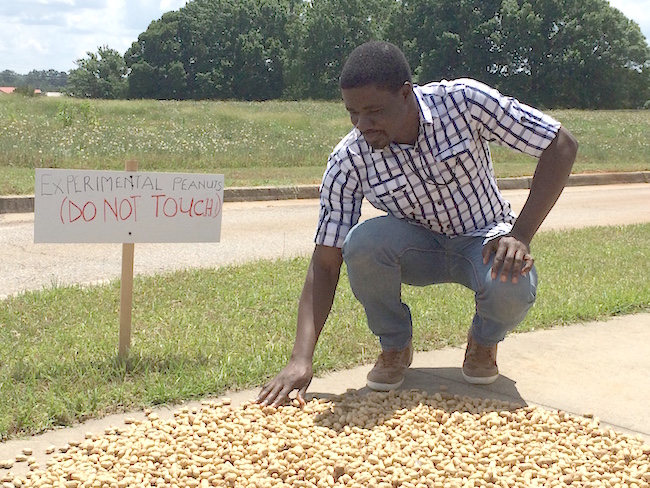 CAES News
CAES News
Killing Aflatoxin
Maxwell Lamptey is visiting America, specifically Griffin, Georgia, in the hopes of learning new methods to fight aflatoxin — a carcinogen produced by soil fungus that can grow on peanuts — in his home country of Ghana.

